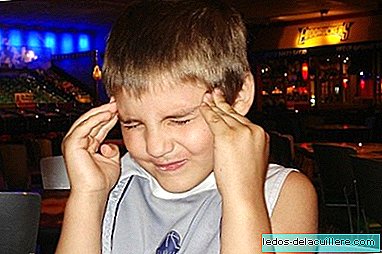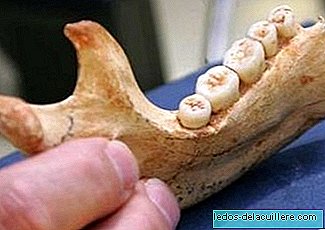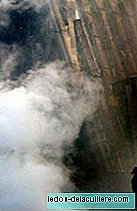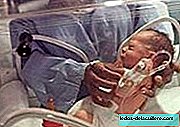
Some time ago we talked about the headache in children, especially focusing on the types that can occur, we also clarified that Headache turns out to be a very frequent reason for pediatric age, both in primary care and in emergency services.
Among the most frequent diagnoses are the tension headaches (also called "stress" or muscle, although its exact cause is debated) and migraines. The Mexican doctors C.A. Cuello García and G. Pérez Gaxiola, have reviewed a meta analysis of 21 studies that analyze different treatments for headaches in children. Apparently there is little evidence about the effectiveness of these medications. This review gives us information about all studies that exist so far on medications to try to prevent recurrence of migraine or tension headache in children or adolescents; however, he also discovers that these studies have drawbacks and we could not be totally sure of the results.
In this situation, some therapies may be recommended to avoid headache, knowing that the effect may be discreet.
The prevalence in the onset of these clinical manifestations fluctuates around 15% for headache tensions, and 4% for migraine. The varied pharmacological treatments are oriented both to the treatment in the acute phase, and to prevent it; systematic review of articles focuses on prophylactic therapies.
After the analysis of different treatments, two have been found that have some efficacy (topiramate and trazodone), which consists of decreasing on average one episode of headache every month: in other words, if the average of children with this condition has seven episodes Headache per month, with these medications, is reduced to six episodes per month. Neither of these two produced a reduction of at least half of the headache episodes in children and adolescents.
Prophylactic medications include antiepileptics, antidepressants, antihistamines, calcium channel blockers, antihypertensives and nonsteroidal anti-inflammatory drugs (NSAIDs).












